
The ISO 9001 standard outlines a framework for improving business quality and reducing production/ service defects. It does this by setting up a holistic framework that adopts the plan do check act cycle for all its quality related processes.
ISO 9001 establishes a vocabulary of understanding for any organization looking to provide products and services that consistently meet quality requirements, customer expectations and other relevant interested parties in the most efficient manner possible.
It is not a standard for products or people and it is for all industries, regardless of company size.






















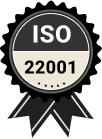
















Occupational Health and Safety Management System gives your organization guidelines to think holistically and systemically about work processes and how they relate to occupational health and safety, resulting in a safer work environment.
The standard provides a comprehensive framework that addresses all work activities throughout the company that have potential for any occupational health and safety risks. It prepares organizations in risk-based thinking in terms of occupational health and safety to better prepare them for any potential hazard they may face during any given work related activity.






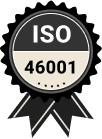








Energy Management is a resource-based system that focuses on the organizations methods in saving, reducing and monitoring energy consumption. It provides a framework to systematically monitor, measure and evaluate energy consuming systems on energy performance in relation to their system's application.
Through the energy use review organizations are able to determine the significant energy uses, energy performance indicators, baselines and which facilities, processes, systems or equipment to monitor for any potential improvements or significant deviations.










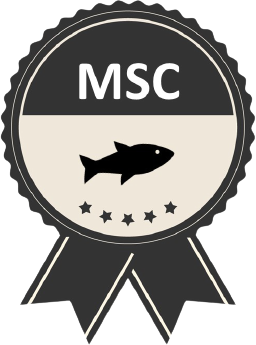

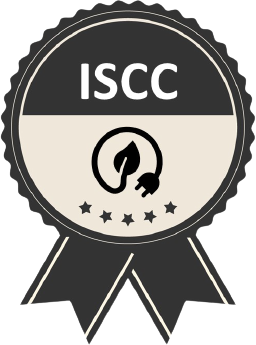
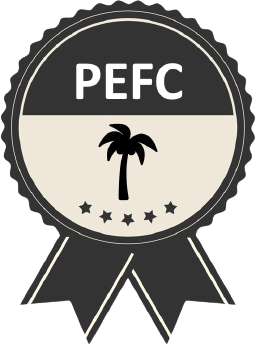
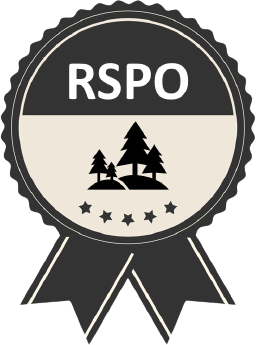

Business Continuity Management outlines a framework for Business Resilience and a vocabulary of understanding for any organization looking to provide products and services that consistently meet the requirements and expectations of customers and other relevant interested parties in the most efficient manner possible.
It sets out a framework which companies can follow in the event disruption occurs. With this framework in place, an organization will have the tools and processes necessary to keep business operations running whilst minimizing operational impact and effectiveness.